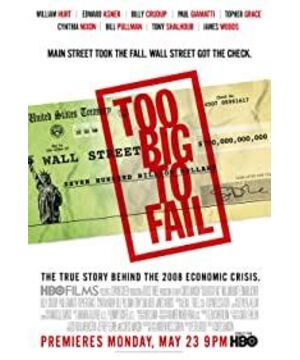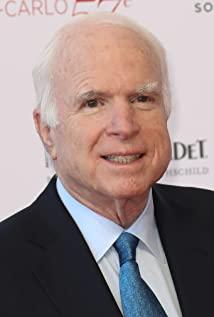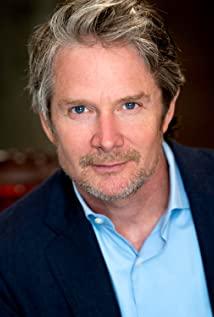Wall Street packaged mortgages into mortgage-backed bonds, which were then broken up and sold to investors, who made a fortune. So I lobbied the bank to let them take out more housing loans. The bank originally only gave loans to people with good credit. After their appetite grew, they lowered their standards. Ordinary people with low credit and zero down payment can also get housing loans. These ordinary people who got mortgages believed that what the experts did was not wrong. They thought that since the bank was willing to lend me a loan, it meant that I could afford it and the American dream was about to come true, so they bought a house specifically. Banks know that bond-guaranteed mortgages are high-risk, so they buy insurance for them. Once the mortgage defaults, the insurance company will pay, and the bank will transfer the risk, so they invest more and make more money. And among so many contracting companies, one has reached the point of being unrestrained - AIG AIA, because it wants to make hundreds of millions of dollars in insurance premiums, and thinks that the property market will continue to be optimistic, but did not expect the property market to collapse and bought a house. Poor people, once the low interest rate period is over and mortgages go up, they won't be able to afford it. Mortgage-backed bonds were bogged down, and AIA had to pay all of the world's policies at the same time. As a result, all the insured banks in the same day suffered losses, and they all fell, and everyone was pulled into the water. Why is there no one to supervise it, because they make too much money and get lost in the interests, no one is willing to supervise.
The Great Depression started with the collapse of the stock market, but what dragged down the overall economy was the collapse of credit. Without loans, people could not buy houses and do business. The modern economy is built on credit. So the Treasury buys the preferred stock of the various banks, gives them the money, and lets them lend it out, which unfreezes the credit, stabilizes the banks, and restores confidence. After the financial crisis of 2008, banks received substantial financial assistance from the government. The funds were supposed to help banks meet their financial obligations so they could start lending again. But banks are reluctant to lend money to small businesses or the self-employed, who don't have enough confidence in their ability to repay their money, so they hoard it. High-quality banks can cover troubled banks. If you only give them to a few of them, you are telling others that these banks are waiting for money to save their lives, and the result will be immediately swallowed up by the market. National interests and vested interests are always at odds.
View more about Too Big to Fail reviews











